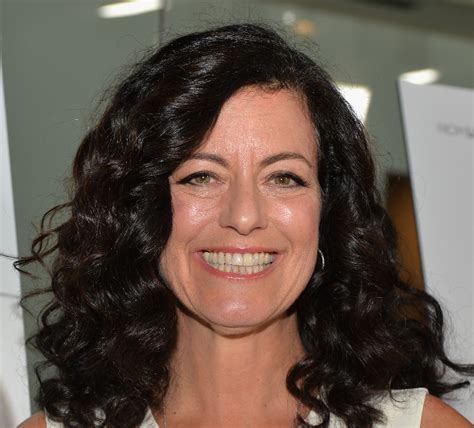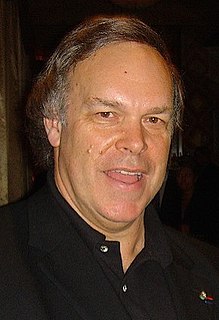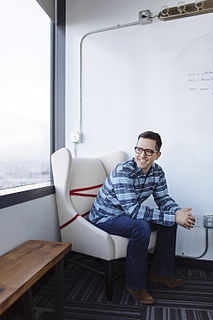A Quote by Masha Gessen
A political conversation is a conversation in which people with different views come to agreements about how they're going to inhabit this society together.
Related Quotes
One of the central challenges for global conversation today is to find ways of getting to understand very different views about gender and sexuality. But we should start by recognizing that these issues are subjct to disputation within every society as well as across societies. We need a global conversation that recognizes that we have these very different views. Next, try to agree on fundamental rights: things we think every person is entitled to. Finally, if we're convinced that what a government or a society elsewhere is doing to some people is badly wrong and the conversation gets nowhere.
This conversation with the audience has been going on since, what, '72, '73... Sometimes it's like a conversation after dinner with friends. You're in a restaurant, and you got there at 8 o'clock. Suddenly, you realize it's midnight. Where did the time go? You're enjoying the conversation. It's sort of a natural, organic conversation.
What I think we need to do to engage the American people in a conversation about entitlement reform is to have a bipartisan group of people who come together and put every solution on the table, every alternative on the table. And then we ought to engage in a long conversation with the American people so they understand the choices.
There are a lot of polls that show that actually Americans have a pretty high opinion of teachers, that Americans think teachers are just about as prestigious as doctors. And yet there's this political conversation - this reform conversation - that paints a very negative picture of the effectiveness of the teaching population. So there's definitely a tension between the way teaching is talked about and understood at the political level and how everyday average Americans think about teachers.
I think it's a false distinction to say that conversation and composition are separate. Because even as we speak, I'm seeing. Every interview is different, and I'm finding new ways to talk about ancient preoccupations. And I sometimes come on something that's immensely helpful and valuable. Plus I like the sensation of conversation.
As an American, we have a right to vote and to our freedom of speech, and to voice our political views, and so I actually take conversations on the other side of the aisle not necessarily as a challenge but as an opportunity to continue the conversation, which is I think what we all value most about America.
































